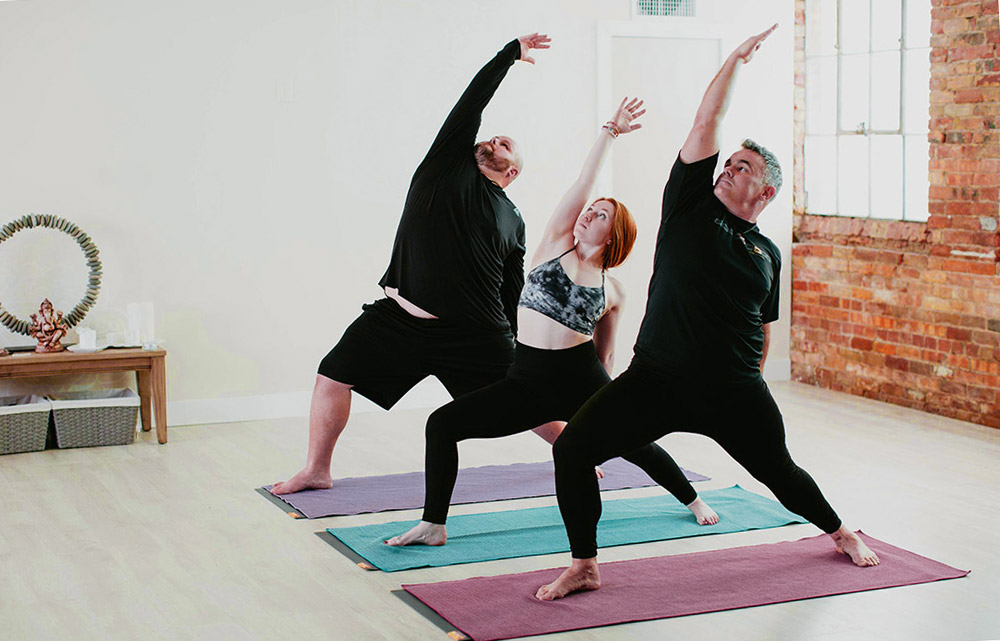
We’re in the midst of the season of gratitude. At Thanksgiving, we’re encouraged to remember our blessings—family, friends, work, and the many pleasant experiences we’ve enjoyed in our lives. But how often are we encouraged to remember this body that carries us around every day, and allows us to enjoy these blessings?
In general, we tend to take our bodies for granted—until something goes wrong. Can we instead remember our bodies for the blessings that they are, despite their quirks, aches and pains, and what we might perceive as their limitations? If you really think about it, there’s much to be grateful for. In this post, I’ll share some ideas for practicing gratitude for your body.
Our bodies change. As we age, they require more TLC. No matter how well you eat, or how much yoga you practice, a human body at 60 is not the same as a human body at 30. We all carry different genetic seeds, and are subject to different environmental factors, so the process looks different for each person. But even as our bodies change and become higher maintenance, we can still have gratitude for the many joys we experience through these bodies every day.
A few years ago, my body gave me an insistent wake-up call. My body, which has always been very low maintenance, sent me a message, loud and clear: “Stop taking me for granted! How about a little gratitude?”
In 2015, my left hip was replaced because of hip displaysia. Even then, I knew it was only a matter of time for my right hip. A year and nine months later, I got a shiny, new titanium joint on the right side.
On the first day of an 18-day meditation retreat I at Spirit Rock Meditation Center that same year, I received a diagnosis of early-stage breast cancer. I was fortunate in two ways: It was detected very, very early and didn’t require a lot of radical treatment. In addition, I was in the perfect setting to receive the news.
While I experienced the expected shock in the form of a substantial shot of adrenaline on hearing the words “invasive ductal carcinoma,” my mind didn’t add any drama in the entire 18 days of the retreat. In fact, I experienced a whole lot of equanimity around my diagnosis. It seems that 30 years of mindfulness practice had paid off. Of course, the diagnosis was not what I wanted to hear, but as Patanjali’s Yoga Sutra 2.48 states, all the years of yoga and meditation practice had enabled me to stay equanimous in the face of bad news.
This series of body-centered events helped me remember to be grateful for this body, and to commit even more strongly to care for it.
Studies have found that cultivating gratitude actually confers health benefits. A 2015 article in Newsweek cited five proven benefits:
Thich Nhat Hanh teaches that appreciation of our bodies—not only when we are experiencing pleasant sensations, but at the times when things are just going along as usual—can be a source of happiness. He says, “If we are not aware that we are happy, we are not really happy. When we have a toothache, we know that not having a toothache is a wonderful thing. But when we do not have a toothache, we are still not happy. A non-toothache is very pleasant.” We can practice gratitude for those times when we don’t have a toothache—or any other maladies.
Here are some ways you can practice gratitude for the body you live in: